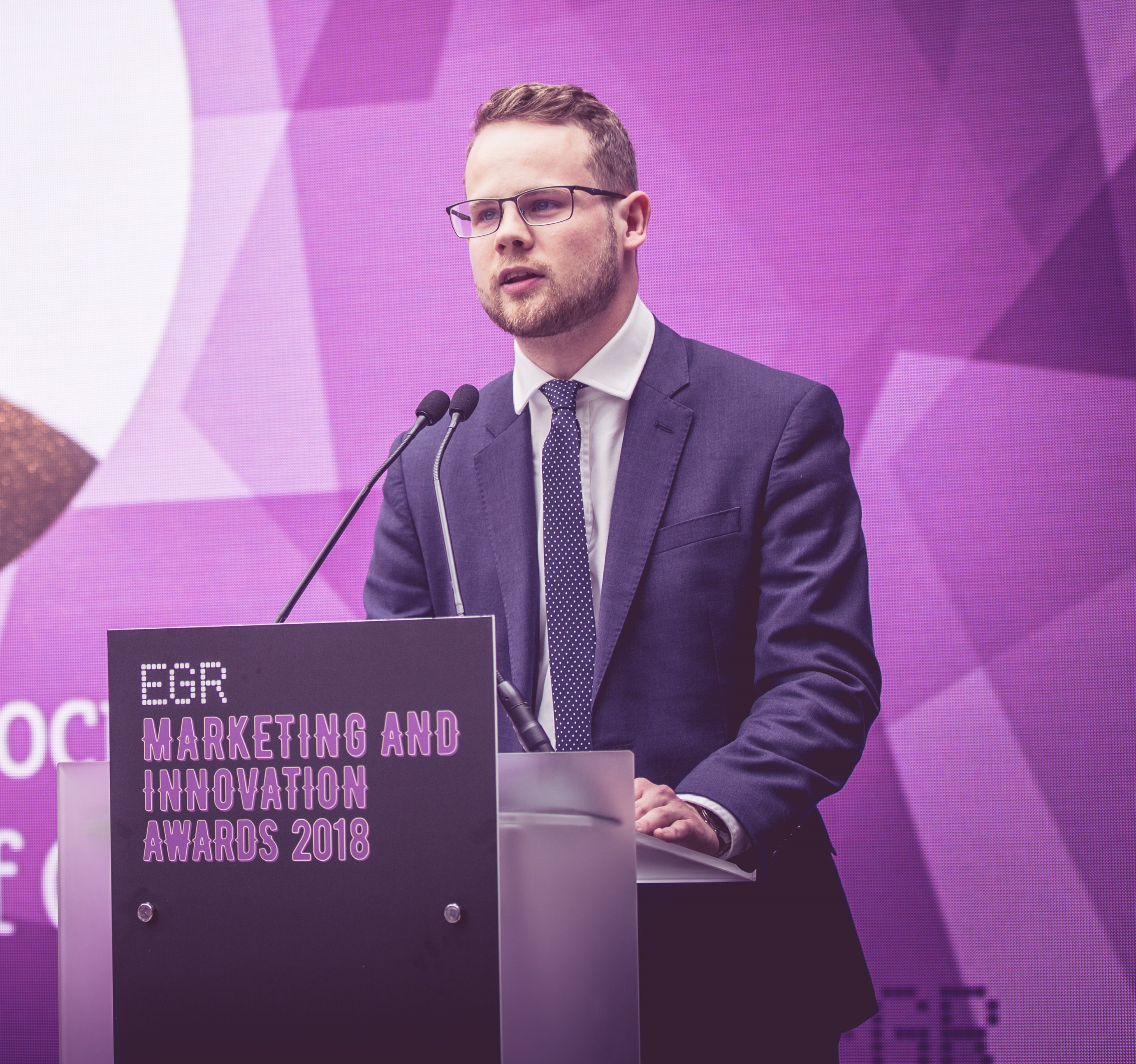
EGR Power 50 2018 (full rankings)
The online gambling industry's most powerful and influential operators revealed

28/11/2018
Want access?
Subscribe today
Want to keep accessing great content like this? Click the button below to complete our membership form or email support@egr.global, and our team will reach out to schedule a demo.